
Written by Luisa Kos
Understanding grief and loss
If you are struggling with grief, know that support is available. Speaking to a professional can help you process your loss in a way that feels right for you.
How grief affects us
Emotional effects
- Profound sadness, emptiness, or despair
- Anger, irritability, or resentment (towards others, oneself, or even the person lost)
- Anxiety, fear, or uncertainty about the future
- Guilt and self-blame (“Could I have done something differently?”)
- Relief (especially after a long illness or a difficult relationship)
- Numbness or detachment from emotions
Cognitive and behavioural effects
- Difficulty concentrating or making decisions
- Forgetfulness or brain fog
- Restlessness or feeling constantly “on edge”
- Changes in sleeping or eating patterns
- Withdrawal from social connections
Physical effects
- Fatigue and exhaustion
- Aches and pains without a clear medical cause
- Digestive issues
- Weakened immune system
- Chest tightness or shortness of breath (common in intense grief)
Grief can also resurface at unexpected times—even years later. Anniversaries, birthdays, places, or even certain songs can bring back strong emotions. This is a normal part of the healing process.
The grief process: Is there a right way to grieve?
Many people are familiar with the five stages of grief (denial, anger, bargaining, depression, and acceptance), but in reality, grief is not linear. It does not follow a predictable timeline. You may cycle through different emotions, feel “better” one day, and struggle the next.
Some experts describe grief as coming in waves—at first, the waves are constant and overwhelming, but over time, they become less frequent, even though they never fully disappear.
There is no set timeline for healing. Some people start to adjust within weeks or months, while others may take years to come to terms with their loss. Grief is not about “getting over it” but learning to live with it in a way that allows you to move forward while still honouring what you have lost.
Grief and relationships: The impact on those around you
Grief not only affects the individual but also their relationships. Some people withdraw from friends and family, while others seek connection and reassurance. It is common to experience:
- Frustration with loved ones who don’t seem to understand your grief
- Changes in communication styles (some people need to talk about their grief, while others prefer to process it internally)
- Conflicts arising from different ways of mourning within a family or community
- Feeling distant from friends or a partner due to the intensity of grief
If you are struggling to navigate grief within your relationships, therapy can help you express your needs and rebuild connections.
How to cope with grief
While there is no quick fix for grief, certain strategies can help:
1. Allow yourself to grieve in your own way
There is no single “right” way to process loss. Some people cry a lot, while others don’t cry at all. Some people need to talk, while others prefer solitude. However grief unfolds for you, it is valid.
2. Seek support
You don’t have to go through grief alone. Reach out to trusted friends, family, or support groups. Talking to a therapist can be especially helpful if your grief feels overwhelming or stuck.
3. Take care of your body
Grief can be physically exhausting. Try to prioritise:
- Sleep (even if it’s disrupted, aim for rest)
- Nutrition (eating small, nourishing meals can help)
- Movement (gentle exercise like walking can be grounding)
4. Honour your loss in meaningful ways
- Write a letter to the person or situation you’ve lost
- Create a memory book, journal, or art piece
- Light a candle or visit a meaningful place
5. Give yourself time and patience
Healing takes time. Some days will be harder than others, and that’s okay. The goal is not to “move on” but to find a way to live with grief that allows you to keep moving forward.
When to seek professional help
Grief is natural, but sometimes it can become overwhelming, prolonged, or interfere with daily life. You might benefit from therapy if:
- Your grief feels stuck or unbearable after a long period
- You struggle to function in daily life (work, relationships, self-care)
- You experience persistent guilt or self-blame
- You feel disconnected from the world around you
- You have intrusive thoughts about death or hopelessness
Therapists who specialise in grief can provide support, tools, and guidance to help you navigate your loss in a way that is meaningful to you.
Grief doesn’t hit us in tidy phases and stages, nor is it something that we forget and move on from; it is an individual process that has a momentum of its own, and the work involves finding ways of coping with our fear and pain, and also adjusting to this new version of ourselves, our “new normal.”
Julia Samuel
Find a specialist
Finding the right therapist to support you through grief is a personal process. Start by looking for specialists in grief, bereavement, or loss counselling, as they will have experience in helping people navigate the emotional, psychological, and relational challenges of grief. Consider whether you prefer in-person or online therapy, as well as the therapist’s approach—some may use talk therapy, mindfulness, or structured grief models, while others offer a more open-ended, client-led style. It’s also important to check their qualifications, experience, and accreditation with professional bodies like the BACP (British Association for Counselling and Psychotherapy) or UKCP (UK Council for Psychotherapy). A good therapist should make you feel heard, validated, and supported rather than rushed through the process. Many therapists offer an initial consultation—use this time to see if their style and personality feel like a good fit for you. If it doesn’t feel right, trust your instincts and keep looking; the right support can make all the difference.
Therapists who can help with grief and loss
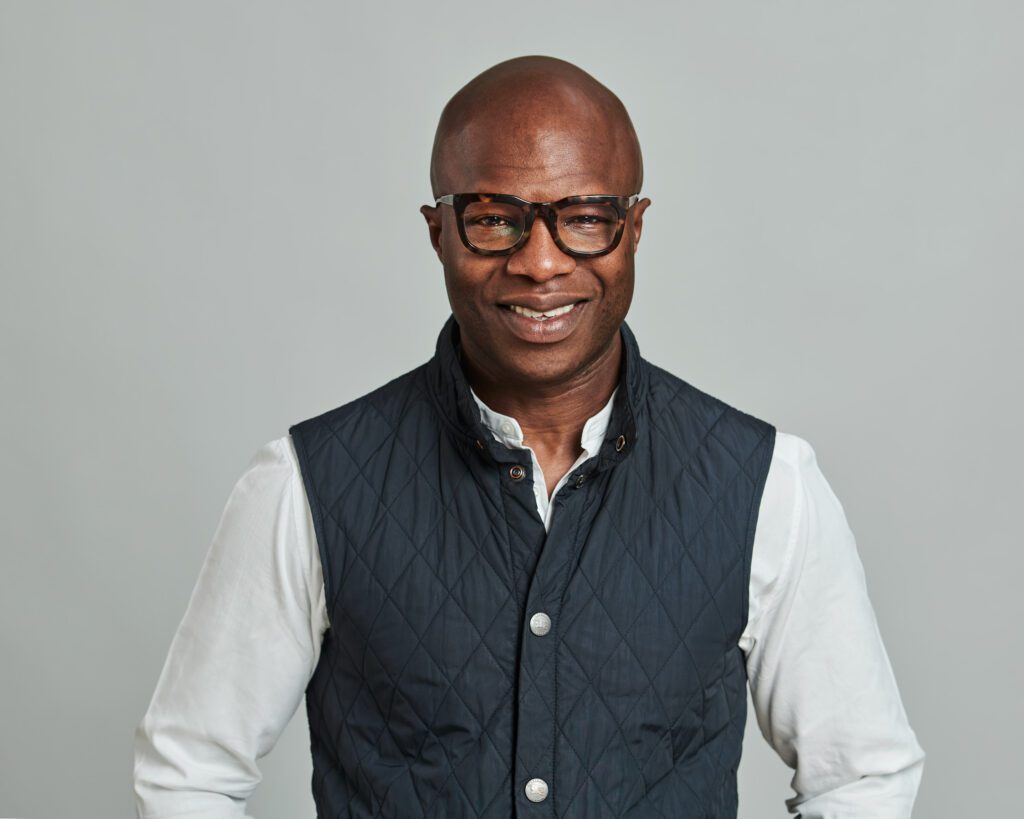
Luq Adejumo
I have Master’s degree (MSc) in Person-centred psychotherapy and a Diploma in Contemporary Person-centred psychotherapy from The Metanoia Institute

Olga Konstantinidou
I am a multilingual Consultant Clinical Psychologist (English and Greek), recognised by the BPS and HCPC, offering online therapy. I work integratively, drawing on approaches such as CBT, Schema Therapy, DBT, Mindfulness, CFT, CAT and systemic therapy. My approach is collaborative and tailored to each person, combining reflection and practical strategies to support meaningful change.

Joggs Camfield
Every person is unique, experiencing an individual journey that sometimes can become difficult to navigate. We can lose our way and the challenges and obstacles we face are hard to negotiate alone.

Catherine Vij
I specialise in women’s mental health, perinatal mood, anxiety, grief and loss. I bring compassion and understanding to the therapy sessions and draw from my training as a counsellor as well as my experiences working in the NHS and the charitable sector
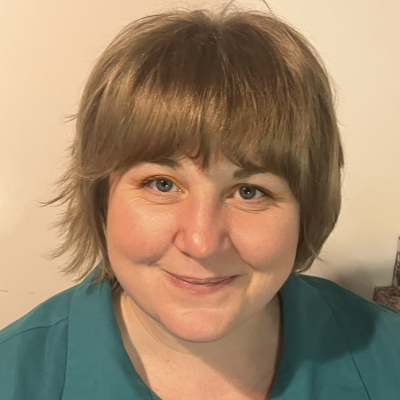
Alena Todorov
I am a UKCP registered Psychotherapist and Certified Transactional Analyst with over eight years of clinical experience and a background in organisational psychology. I work relationally using a Transactional Analysis framework, informed by trauma aware, attachment based, somatic, and CBT influenced approaches. My work focuses on patterns, emotional regulation, identity, and relationship difficulties, including anxiety, low mood, neurodivergence, and complex trauma. I offer an LGBTQ+ affirmative, culturally responsive space and work at a pace that respects the nervous system.
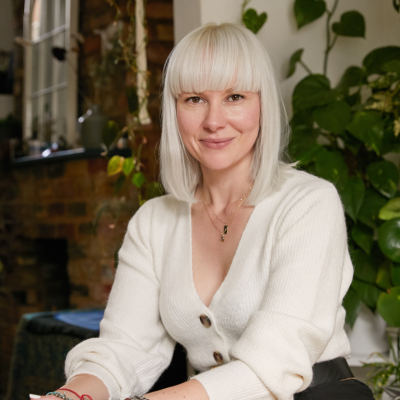
Claudia Behnke
I am a qualified couples counsellor and psychotherapist based in Westcliff-on-Sea (near Chalkwell Park), offering therapy in person and online via Zoom. I specialise in relationship counselling, attachment-based work, and relational patterns, helping couples and individuals improve communication, strengthen emotional connection, and navigate relationship challenges. My primary couples modality is Terry Real’s Relational Life Therapy (RLT), an evidence-based approach focused on accountability, emotional honesty, and building secure, respectful partnerships. I also have specialist experience working with codependency and love addiction, supporting clients to move out of unhealthy relational dynamics and develop healthier boundaries and self-worth. I work with a wide range of issues including relationship conflict, emotional disconnection, infidelity, trust issues, intimacy concerns, anxiety, self-esteem, identity transitions, and life stress. My practice is inclusive and affirming, welcoming clients of all genders, sexual orientations, relationship structures, and cultural backgrounds. My integrative approach draws on Relational Life Therapy (RLT), trauma-informed therapy (Janina Fisher), Psychodynamic therapy, Imago relationship therapy, and Transpersonal psychology, allowing sessions to be tailored to each client’s unique needs and goals.

Steve Altman
I am a UKCP-accredited psychotherapist with a background in frontline mental health support, including work as a Samaritan, peer support worker, and co-ordinator of a suicide-prevention respite sanctuary. I have extensive experience supporting people with trauma, emotional distress, and suicidal thoughts. This work has shaped a calm, compassionate way of working that helps people reconnect with meaning, creativity, and their capacity for life.

Lucie Nalletamby
I am a Clinical Psychologist with over a decade of experience working in the NHS and private practice. I have worked in the NHS since 2011, providing assessment and treatment for adults, young people and families experiencing a wide range of mental health difficulties as a result of experiences of trauma. Alongside working in the NHS, I have been in private practice since 2017, where I specialise in trauma-focused therapy. Since qualifying, I have completed a number of specialist trainings including EMDR, CBT, NET and Schema-focussed Therapy. I draw on these to provide tailored and individual therapy. I work with individuals who have experienced single-incident trauma, such as accidents and assaults, as well as complex trauma, including childhood abuse, neglect, domestic violence, discrimination and other experiences that can lead to complex PTSD.

Javier Calatrava
Transpersonal Integrative Psychotherapist

Paul De Bruin
In addition to my private practice, I’ve worked in various settings, including the NHS Mental Health Service, Maytree Suicide Respite Centre, and several other charitable organisations. My training was at the Centre for Counselling and Psychotherapy Education (CCPE). I’m a registered member of the United Kingdom Council for Psychotherapy (UKCP), an accredited member of The National Counselling & Psychotherapy Society (NCPS), and a Registered Member of the BACP. I adhere to their code of ethics. I’m committed to complete confidentiality, ethical practice and utmost discretion.

James Crossland
I am an integrative counsellor with experience working with individuals and couples, specialising in relationship and attachment issues, childhood trauma, and patterns rooted in early relational experiences. My work includes supporting clients with anxiety, depression, low self-esteem, addiction and problematic behaviours, burnout, and major life transitions. Prior to qualifying as a counsellor, I worked for many years in the creative industries as an international music producer, which gives me a strong understanding of high-pressure, performance-driven environments and informs my work with creatives and professionals.

Vicki Power
Vicki is an integrative therapist working with individuals and couples

Millie Gentle
I’ve worked as a counsellor for over 10 years, working in private practice, for charities and EAPs. I’ve been in private practice since 2019, working with clients facing a number of different issues. My main areas of expertise are; – Bereavement and loss – New parenthood/pregnancy and post-natal anxiety and depression – Sexual trauma – Anxiety / self-confidence and self-esteem issues – Relationship and family issues Prior to being a therapist, my career was in film and theatre. I work with a lot with people in these industries and I also work for an Arts organisation that connects those who work in the Arts with therapy.

Samuel Smith
I am a Registered Member of the British Association for Counselling and Psychotherapy (BACP) and practise in accordance with their Ethical Framework. I hold a Postgraduate Diploma in Existential Psychotherapy and Counselling from the New School of Psychotherapy and Counselling, London. Alongside my clinical practice, I am engaged in doctoral research jointly with the New School and Middlesex University, exploring how gender shapes therapeutic relationships, particularly in the context of working with women who have experienced trauma. This ongoing work continues to deepen my commitment to a therapeutic practice that is inclusive, reflective and sensitive to the dynamics of power, identity and social context.

Adijat Eniola Fetuga
My approach to therapy is collaborative, direct, and goal-oriented. I believe in empowering clients to take an active role in their treatment, working together to identify the most effective strategies for their unique needs. Additionally, with an MA in Psychological and Psychiatric Anthropology, I approach my practice with a global perspective, incorporating diverse cultural and social contexts into our work. I strive to create a safe and supportive environment for all my clients, regardless of their background or experiences. If you’re looking for a therapist who can help you navigate life’s challenges and support you in achieving your goals, I’m here to help.

Arran Thomas
I find seeking therapy usually starts with seeds of hope. Hope for things to change, to become ‘unstuck’, to have understanding, to find peace. As a qualified counsellor I offer a compassionate, supportive space to cultivate these seeds of hope so that you can grow to overcome the issues you face and move forward to a more positive place. – My Approach – Everyone has an inherent wisdom within themselves towards healing and transformation through the struggles or difficulties of life. My role is to facilitate this journey, give it a nudge in the right direction. When we initially meet, I will apply gentle curiosity to explore what brings you to therapy and together we can have a look at what you might want to gain from the process. My aim is for you to feel seen, heard and warmly accepted. I value the 3 A’s as a rough guide for what can emerge from the issues you choose to bring: – Awareness through exploring thoughts, feelings, behaviours, patterns and responses to stress. You will come to recognise how these have been shaped by life experiences. – Acceptance expands from awareness, of different parts of yourself, your story, your identity, your past, the present, the other people in your life. – Accountability strengthens with acceptance and awareness, an increasing sense of empowerment, choice and freedom in how you want to move forward and live your life with resilience. Whether it is anxiety, relationship difficulties, depression, low self-esteem, grief, trauma, abuse, addiction or feelings of shame, anger, overwhelm, confusion and loneliness, you don’t have to struggle alone with these issues.

Manuel Navarro
I am a systemic and family psychotherapist with 20 years of experience working in mental health services in the NHS. I have worked with adolescents and adults who suffer from mental health or emotional difficulties such as depression, anxiety and panic, and eating disorders. I also work with couples who are looking to improve their relationship, and I am registered with the Emotionally Focused Therapy Institute (ICEEFT). My approach to therapy recognises that the individual, as well as their family members all have strengths and strategies which can be used to overcome symptoms and difficulties. I am committed to empirical methods of therapy, and I offer systemic therapy including attachment, interpersonal neurobiology, NVR, and communication skills. Within my therapy framework I can meet with you individually, or with your family members, depending on your circumstances. You can contact me for a 30-minute free phone consultation, so that we can discuss whether we could work together towards your goals.

Siobhan Maguire-Swartz
Whatever your reasons for seeking therapy, I am here to listen and support you. I will focus on you with care, compassion, empathy and a non-shaming approach. I work in an integrated way combining different techniques and approaches from a range of styles to best suit clients as we get to know each other. I tailor my approach to best suit your hopes and goals and (most importantly) to stay alongside you in your process. Counselling and Therapy is an organic, evolving, mutual, process where client and therapist collaborate in relationship to support growth. I adapt my style as the work progresses to help achieve your aims. Therapy can be difficult, it’s not a quick fix and it can be painful to look back at traumatic experiences, memories, or current difficulties. That is why I will go at your pace, paying close attention to your needs, staying in constant dialogue, pausing or slowing down when needed. It is important you feel secure within the confidential setting, to explore your issues, so that the work can help to safely heal and transform. I trained in the Humanistic style, meaning I integrate a range of psychotherapeutic theories including: Gestalt Therapy, Transactional Analysis, Person-Centred Therapy and Relational techniques. Having worked with my body as a dance artist for nearly 20 years, I am able to offer a more embodied, somatic-based approach if requested.

Daisy Marsh
I am a dedicated therapist with experience in both online and face-to-face counselling. My focus lies in offering personalised support and helping individuals and couples navigate through challenges such as anxiety and depression.
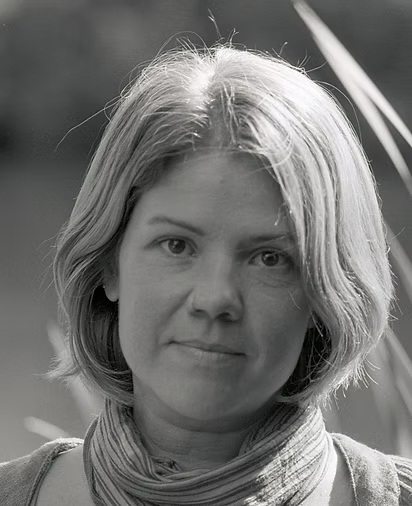
Juliana Jolly
I offer an empathetic and confidential space alongside extensive theoretical understanding of and experience with psychology.

Peter Reynolds
I hold an Advanced Diploma in Integrative Counselling. My training draws on a range of therapeutic approaches, which allows me to adapt my work to suit the needs of each individual client. Before training as a counsellor, I worked for many years in the arts, where I developed a deep interest in people’s stories, emotions and inner worlds — an interest that eventually led me to counselling. Alongside my private practice, I have worked in a bereavement charity and in LGBTQ+ mental health services. These experiences have given me particular insight into grief, loss, identity and the impact of marginalisation — all of which continue to inform my work today.

Maria Troupkou
I am a qualified Dance Movement Psychotherapist offering individual therapy sessions to children and adults.

Lynsey Hotchkies
I am experienced in working with individuals, groups and organisations.
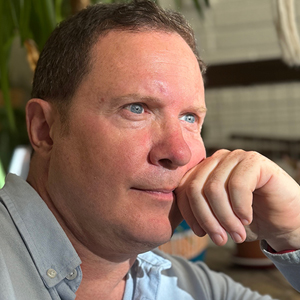
Nick Stewart
I am an experienced Cognitive Behavioural Therapist. I trained at Kings College London, in the Institute of Psychiatry, Psychology & Neuroscience (IOPPN), graduating in 2018.

Richard Mann
As a therapist, I currently work for the NHS and work in private practice. I work with Anxiety, Depression and Trauma and specialise in Addiction, Relationship Issues (Infidelity, Intimacy issues and compulsive sexual behaviour ), LGBTQIA+ and Neurodiversity (Autistic and ADHD clients ) . I believe that therapy should be tailored specially for your individual needs – whether depression, anxiety, self-esteem or PTSD – and I provide a relaxed, safe space where you can feel free to share your issues confidentially and without judgement.
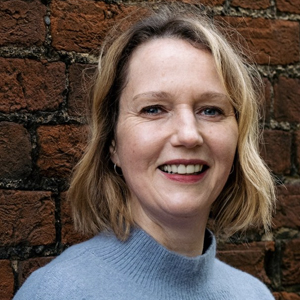
Katherine Watt
I’m a warm, perceptive and experienced therapist, trained in the person-centred approach. Person-centred counselling offers a supportive space in your life, where you can explore your feelings and experiences at whatever pace is comfortable for you.
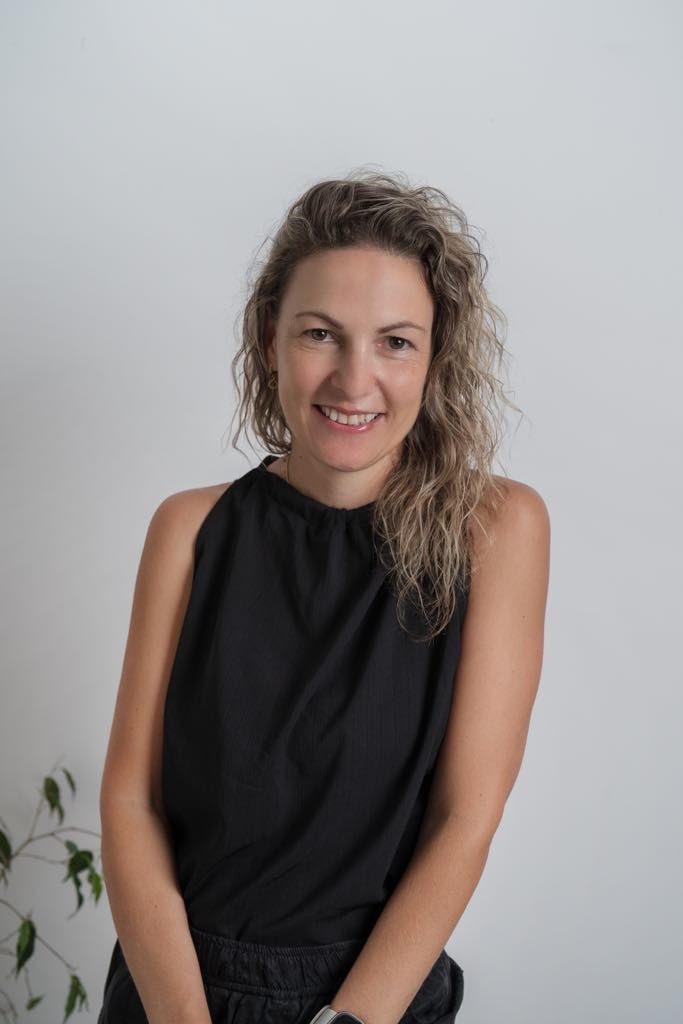
Dafina Ganeva
I started my psychotherapy career as a volunteer of the bereavement team in St.Christopher’s hospice.

Amanda Salib
Shame dies when stories are shared in safe spaces. Each of us has our own unique story, and over my 7 years, I’ve had the privilege of hearing stories from people of all ages and backgrounds.

Amandeep Chana
It is important to me that I create a safe, warm and welcoming environment for you to be yourself. I know that sometimes we can feel like the world is against us.

Billi Silverstein
Seeking therapy can be a complex journey, requiring both commitment and emotional investment. She believes that within a safe and empowering relationship everyone has the capacity to become agents of change.

Eric Bettelheim
Unlike most psychotherapists I have substantial experience in the professions, business and academia.
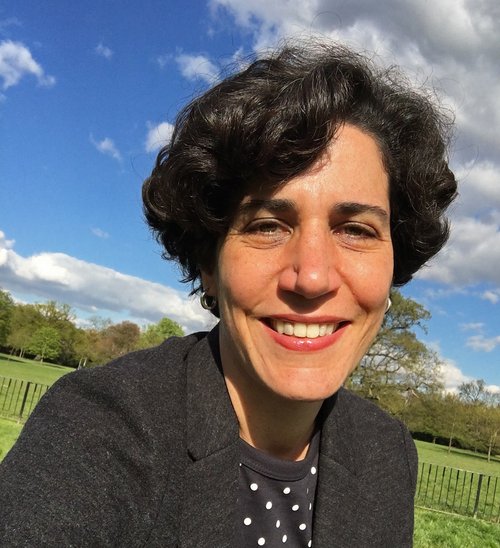
Luisa Kos
I am a psychodynamic psychotherapist trained at WPF and Tavistock Relationships, and a registered member of the BACP. Since qualifying in 2015, I have worked with both couples and individuals in South London, offering short and long-term therapy in person and online. I founded Dulwich Psychotherapy and South London Therapy Group, where I run a private practice and manage therapy rooms that host a community of around 20 practitioners. Before retraining, I spent 15 years in advertising and publishing, holding senior roles in user experience in New York and London, which gives me a unique perspective on the challenges of high-pressure professional environments.
Our experts
Our content is reviewed by professionals. Find out more
Trust our content
We are a PIF TICK ‘trusted information creator’. This means you can be assured that what you are reading is evidence-based, understandable, jargon-free, up-to-date and produced to the best possible standard.
All content was accurate when published.

